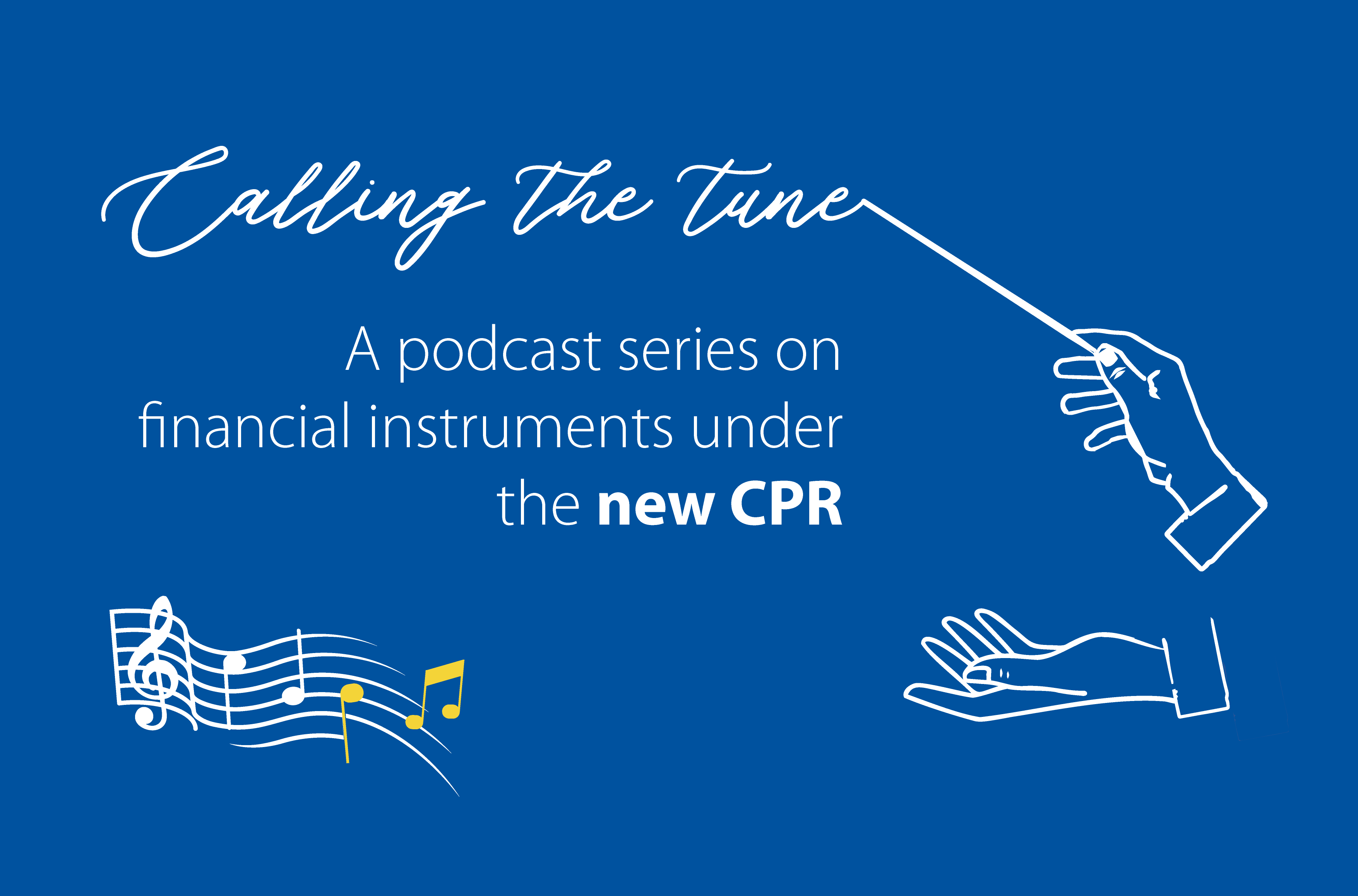On 1 July 2021, the EUR 373 billion Cohesion policy legislative package for 2021-2027 entered into force alongside a number of Cohesion Policy Regulations for the 2021-2027 programming period.
Among these regulations is the new Common Provisions Regulation 2021/1060 (CPR). The CPR sets out provisions for eight shared management funds including the European Regional Development Fund, the Cohesion Fund, the European Social Fund Plus and the European Maritime and Fisheries Fund. It is also expected to substantially apply to financial instruments set-up under the European Agricultural Fund for Rural Development (EAFRD).
A key objective of the CPR is administrative simplification, accelerating the delivery of public support in the real economy.
The CPR has streamlined many of the legal requirements for the development of financial instruments, giving national authorities the possibility to set-up instruments suited to local, regional or national needs.
The streamlining of the ex-ante assessment process will allow managing authorities to choose to use existing or updated assessment procedures in addition to new studies.

"The adoption of this set of legislation paves the way of the approval of programming documents and the effective take up of projects on the ground. Now we need to focus on implementation in a way that provides the best possible support to regional and local authorities, citizens and companies".
Elisa Ferreira, European Commissioner for Cohesion and Reforms
The combination of financial instruments and grants in one operation represents a major development, allowing for the combination of a wide typology of grants, including investment grants or capital rebates, in a single financial instrument. Here, financial instrument rules will apply to the entire combination in one operation, significantly facilitating their implementation.
For combination financial instruments, the grant should be linked and necessary to the financial instrument and should represent less than 50% of the total financing provided by the financial instrument. Combination with grant increases managing authorities’ capacity to address specific market failures, and to provide incentives to final recipients to undertake investments and to attract private financing. This expands the scope to design tailored financing solutions, delivering programme objectives by supporting viable investment projects, which would not otherwise find adequate financing.


Reporting and monitoring, including calculation methodologies, are also significantly simplified in the CPR and all provisions in relation to the management costs and fees are brought into the main text of the regulation.
The procedural rules for submitting payment applications in relation to financial instruments have also changed considerably, simplifying the payment application process and aligning it with the actual implementation.
Under the new rules, there will be only one advance payment. The managing authority may include in the first payment application, up to 30% of the programme resources committed in the funding agreement.
Afterwards, for each Euro incurred as eligible expenditure, the Member State will be able to request reimbursement from the Commission with the next payment application.
Managing authorities report to the European Commission how money is spent, how fast it is spent, and on which policy objectives. Streamlined data collection arrangements require information, for both grants and financial instruments to be submitted five times per year.
Managing authorities also have to report on the indicators twice per year. Additionally, the audit process has been simplified for financial instruments in the new programming period.
A new podcast series to guide you through the new CPR
For more on how the CPR will affect the financial instruments landscape and expert insights, listen to fi-compass’ podcast series ‘Calling the Tune’.
This podcast series features experts from the European Commission’s DG REGIO discussing and shedding light on novelties of the Common Provisions Regulation 2021.
Similar to the role of a conductor guiding an orchestra, harmonising the instruments to one music sheet, our experts will walk you through the latest regulatory provisions with hands on advice and useful information tailored to help you set up financial instruments in the 2021-2027 programming period.

For more information, please visit the following webpages:








